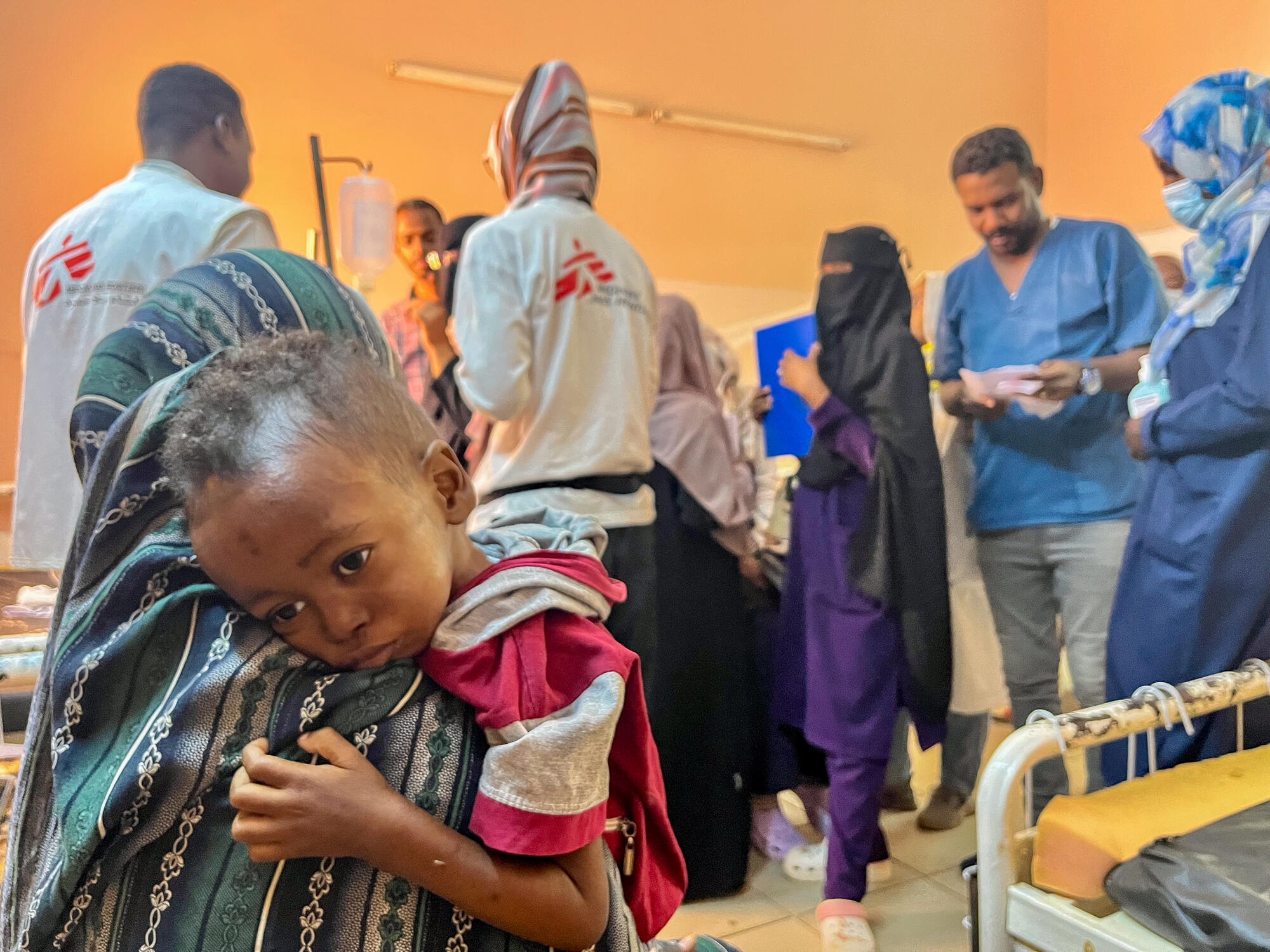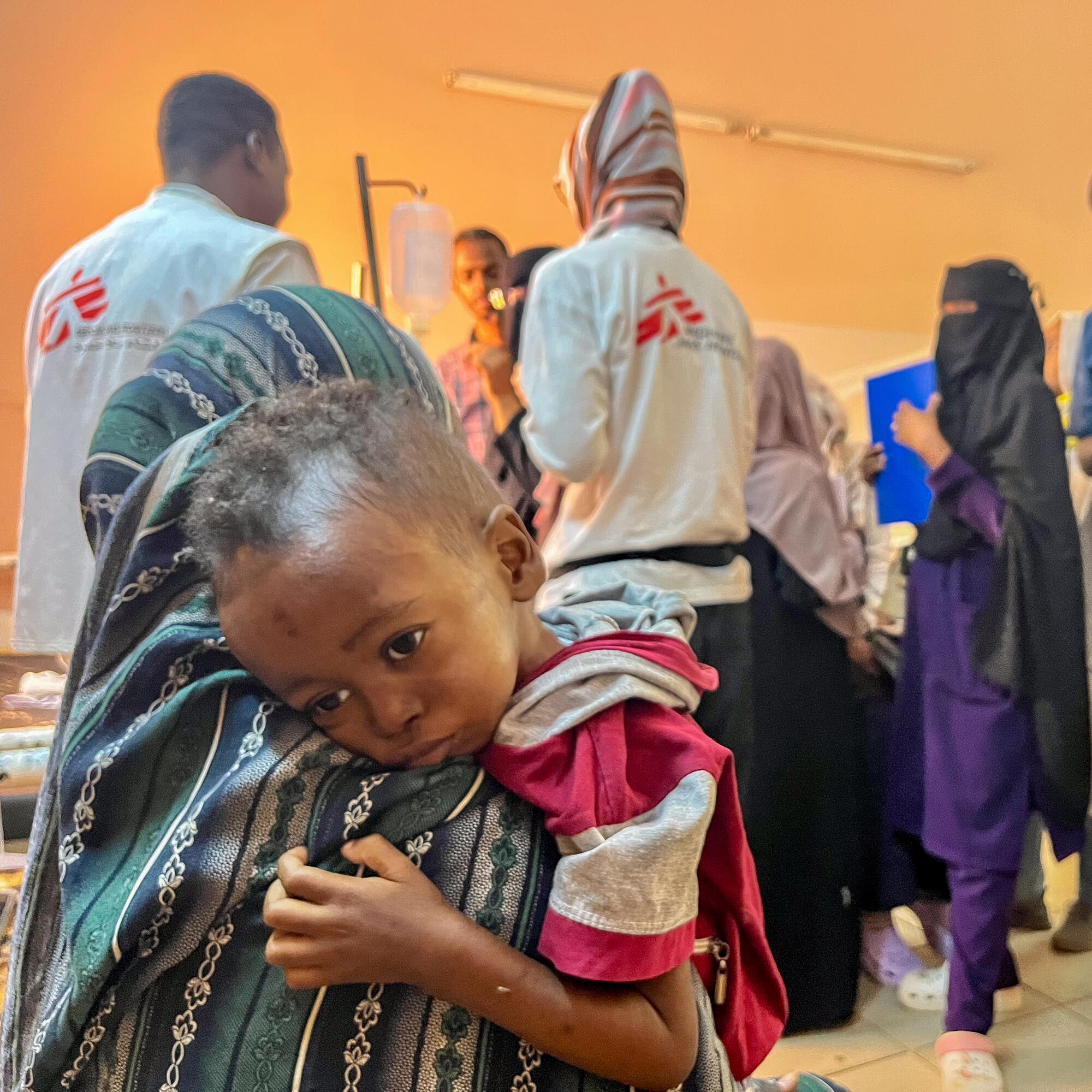Sudan: Two years of war in five numbers
In Sudan, millions are living through the world’s largest humanitarian crisis. As the war between the Rapid Support Forces (RSF) and the Sudanese Armed Forces (SAF) enters its third year people continue to be bombed, besieged, displaced and deprived of food, medical care and basic life-saving services.
Sixty percent of the country’s 50 million people need humanitarian assistance, according to the UN, and people are facing simultaneous health crises and limited access to healthcare.
For the past two years, both the RSF and SAF have repeatedly and indiscriminately bombed densely populated areas.
The RSF and allied militias have unleashed a campaign of brutality, including systematic sexual violence, abductions, mass killings, looting of aid, erasure of civilian neighbourhoods, and occupation of medical facilities.
Both sides have laid siege to towns, destroyed vital infrastructure, and blocked humanitarian aid.
More than 13 million people have been displaced by the conflict, according to the UN — many of them multiple times. Of these, 8.9 million remain displaced inside Sudan, while 3.9 million have crossed into neighbouring countries.
Many live in overcrowded camps or makeshift shelters, without access to food, water, healthcare, or a sense of future. People depend entirely on humanitarian organisations — but only where these organisations are responding.
Our work saves lives
MSF teams are saving lives in Sudan thanks to donations from people like you
MSF and the Sudan crisis
In many places in Sudan we are one of the only ones there. Throughout the past two years MSF teams have been working to respond to this overwhelming crisis and raise the alarm about its catastrophic impact.
From emergency rooms in war-damaged hospitals to mobile clinics in refugee camps, our teams have provided medical and humanitarian assistance to people caught up in extreme uncertainty and violence.
1.7 million
People have sought medical consultations at MSF supported hospitals, health facilities and mobile clinics
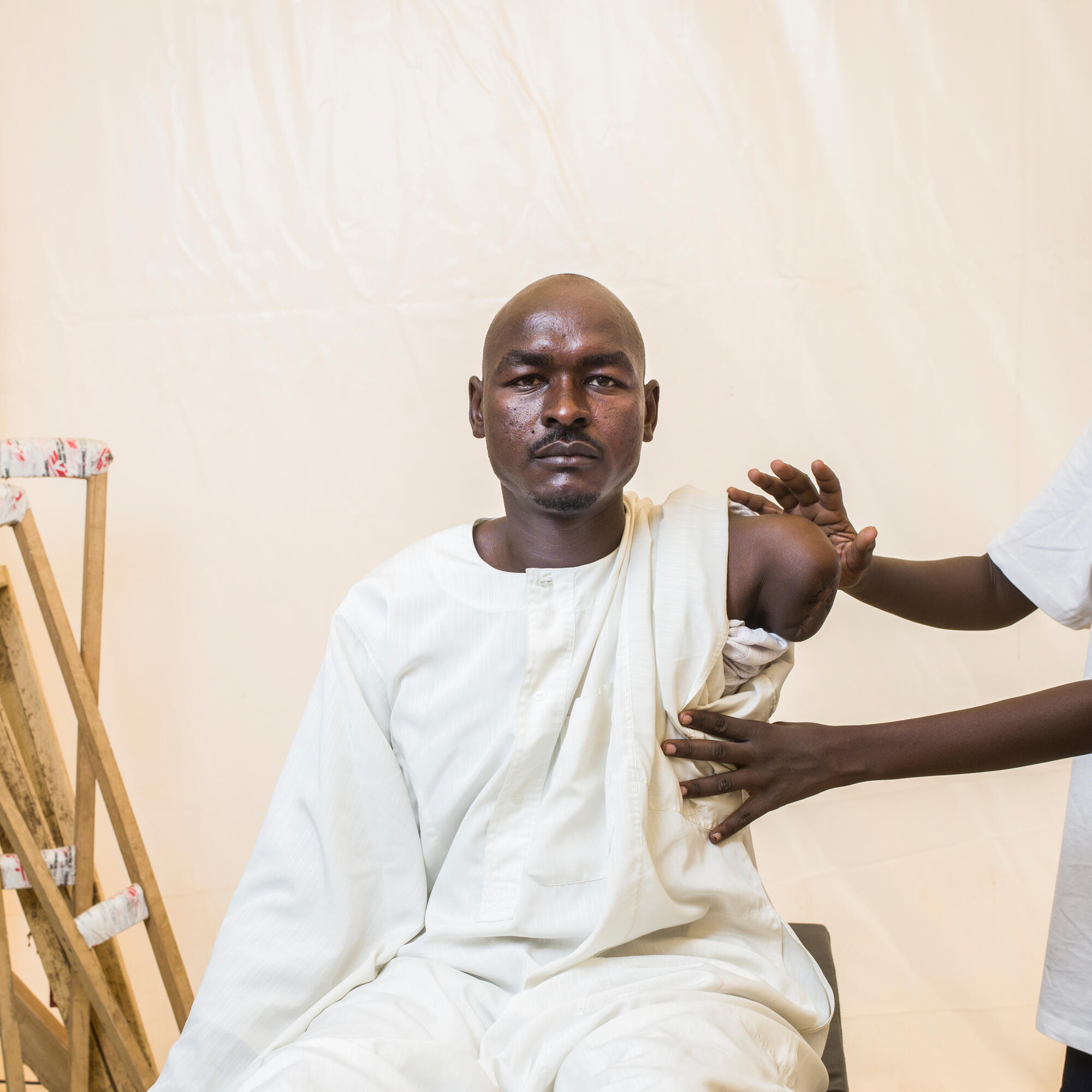
According to the World Health Organization (WHO), more than 70 percent of health facilities in conflict-affected areas are barely operational or completely closed, leaving millions without access to critical care amid one of the worst humanitarian crises in recent history.
Since the war began, MSF has recorded over 80 violent incidents targeting our staff, infrastructure, vehicles and supplies. Clinics have been looted and destroyed, medicines stolen, and healthcare workers assaulted, threatened or killed.
320,000
People admitted to our emergency room wards
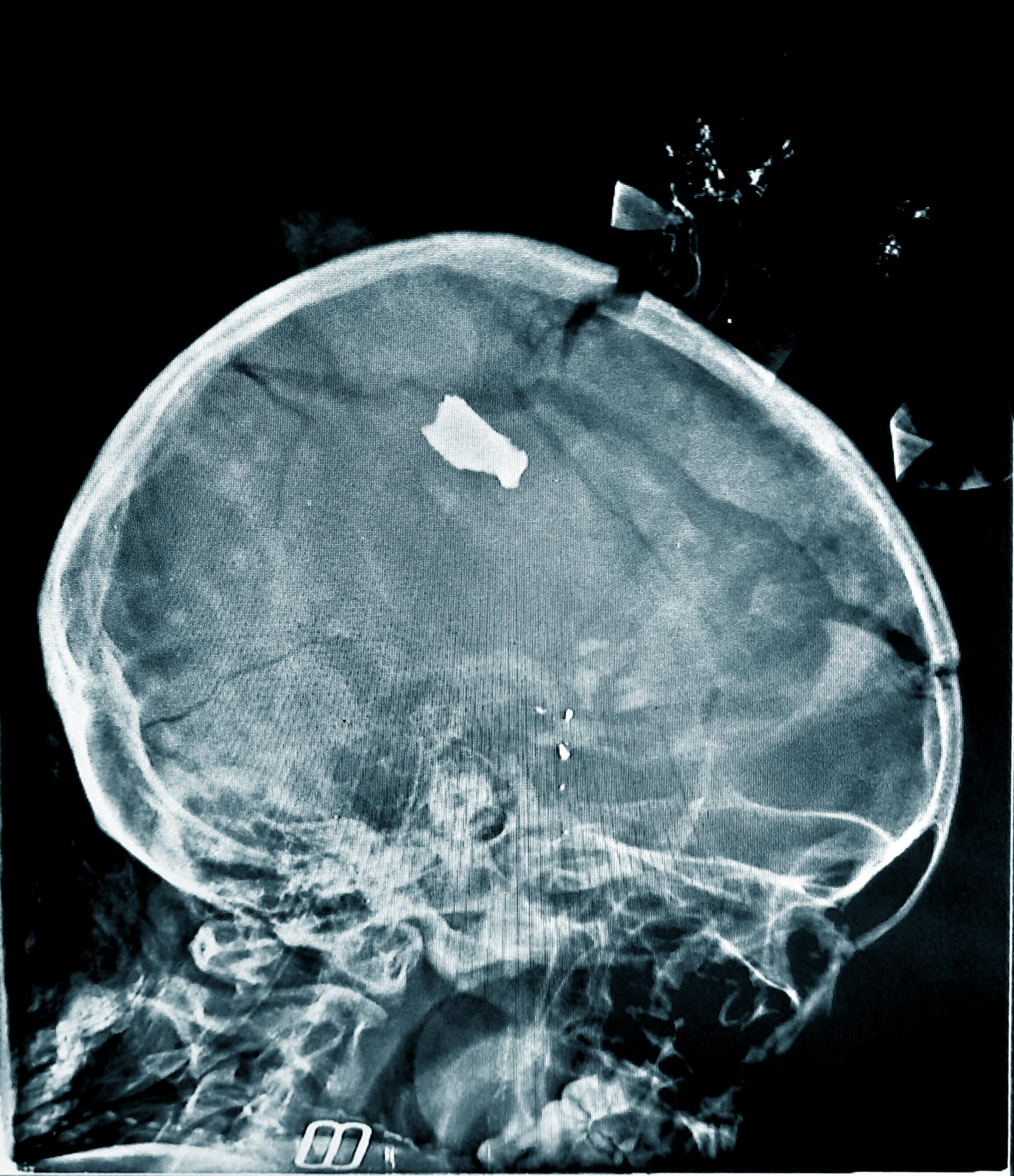
MSF teams have treated over 12,000 patients, including women and children, for trauma injuries directly resulting from violent attacks.
During the first week of February 2025, MSF teams in three areas of Sudan — Khartoum, North Darfur, and South Darfur states — treated mass influxes of war-wounded patients.
Widespread starvation is taking hold. According to the UN, Sudan is currently the only place in the world where famine has been officially declared in multiple locations.
Famine was first declared in Zamzam camp for internally displaced people in August and has since spread to ten more areas. Seventeen additional regions are now on the brink. Without immediate intervention, hundreds of thousands of lives are at risk.
“When we discharge children after treating their malnutrition, we provide their families with advice on how to feed them properly, including the necessary nutrients they need. However, due to a lack of income, many mothers are simply unable to follow these recommendations and feed their children adequately. As a result, we often see them return to the inpatient therapeutic feeding centre. Poverty keeps bringing them back here.”
Asma Mohammed Abdalkriem, nutrition supervisor at El Geneina Teaching Hospital
35,300
Births assisted by MSF
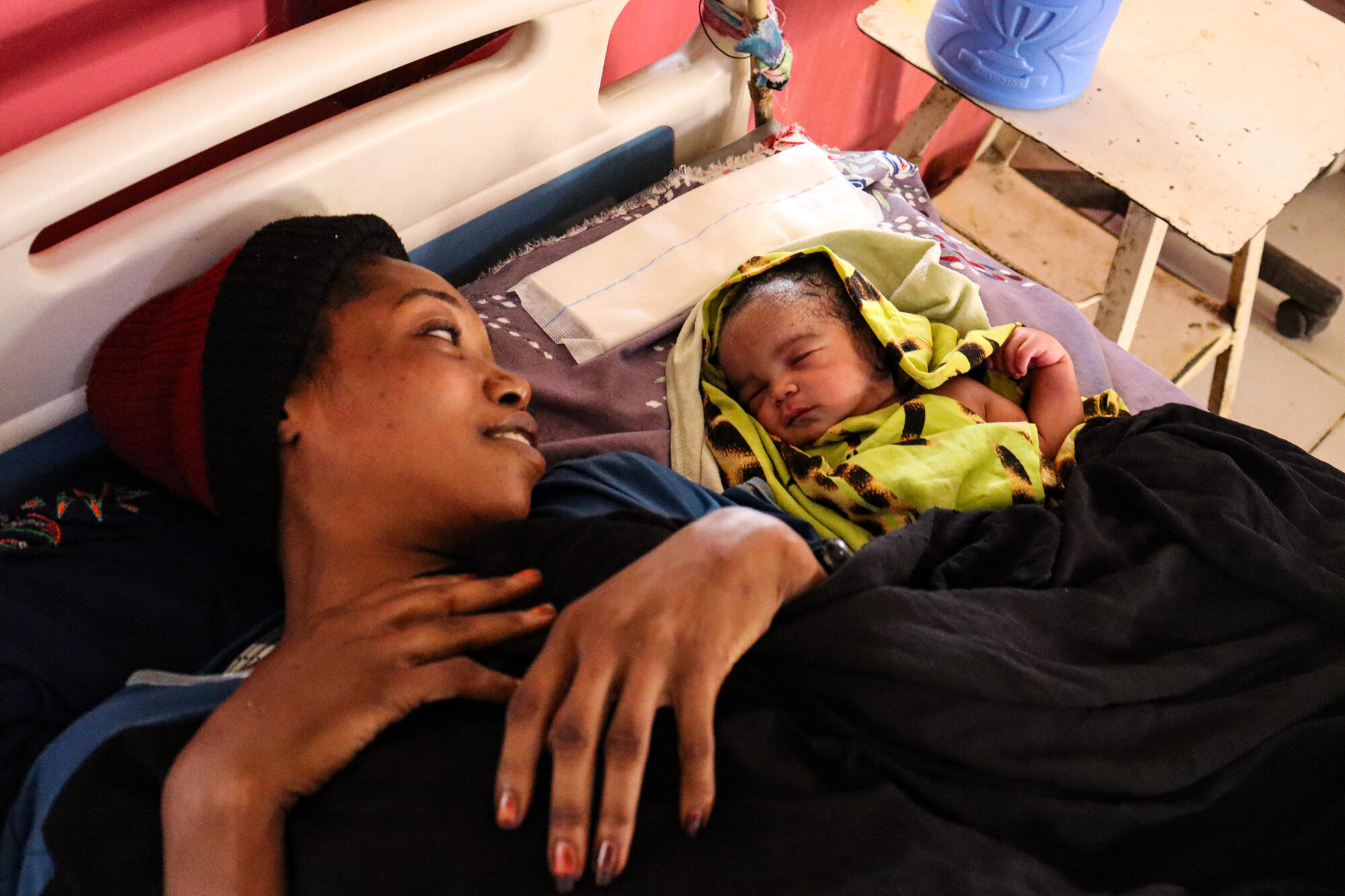
Our teams have also performed 6,400 caesarean sections.
Sudan is experiencing one of the worst maternal and child health crises we are seeing anywhere in the world.
In October 2024, in two MSF-supported facilities in Nyala, capital of South Darfur, 26 percent of the pregnant and breastfeeding women seeking care were acutely malnourished.
205,827
Mental health group session attendees in 2024
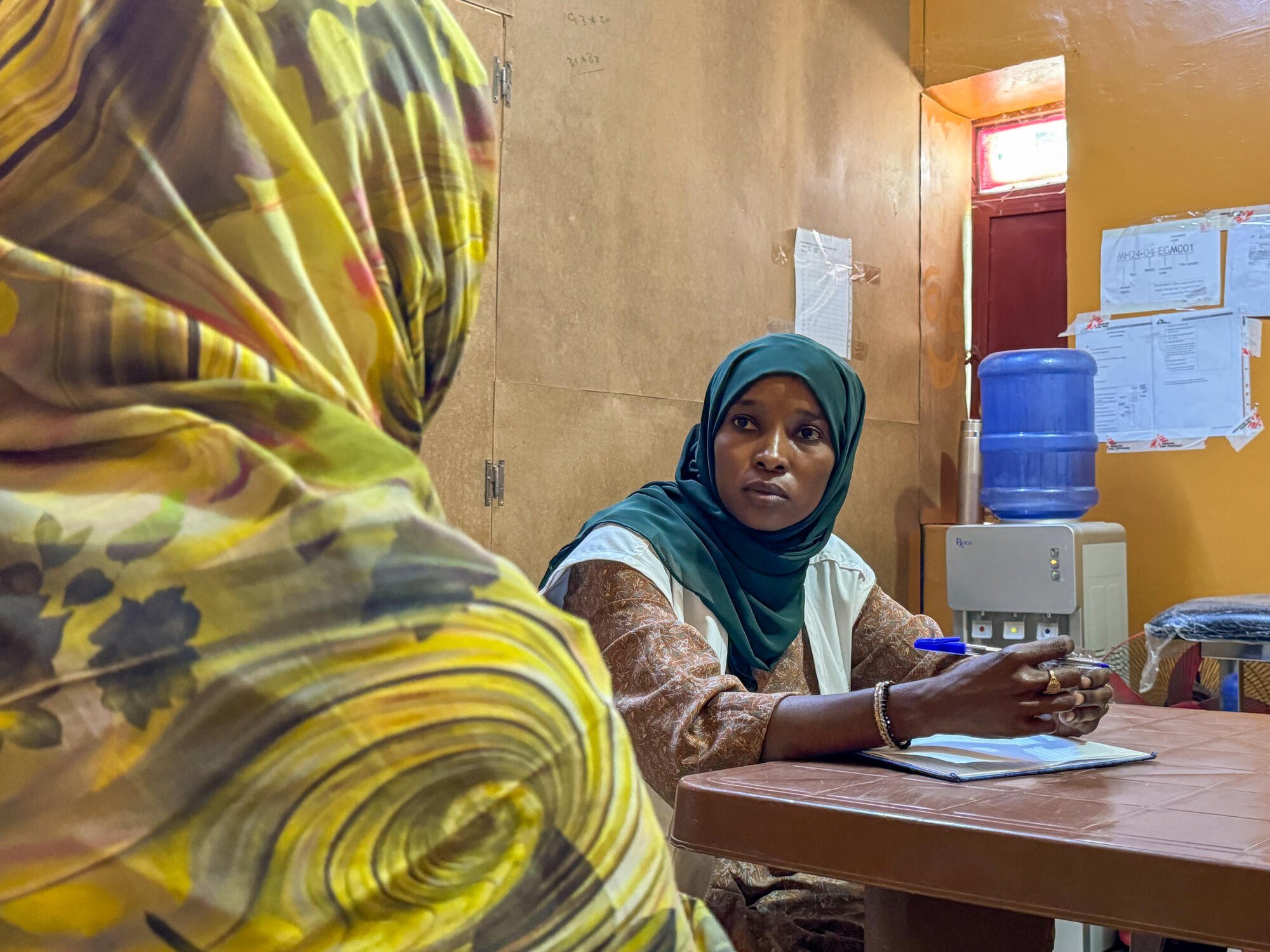
Mental health and psychosocial care has been an important part of our emergency work for decades. In Sudan and neighbouring countries where many have fled, our teams are seeing increasing mental health needs.
“As a doctor, I have noticed a significant rise in mental health cases. Post-traumatic stress disorder is increasing. Depression, anxiety, and sleep disorders are becoming more common. So many people are suffering from psychological trauma because they have lost their families, their homes—they have lost everything. Many were forced to live in IDP sites with no certainty about their future.”
Hanan Ismail Othman, medical doctor working in the South Jebel Marra project at KAS Hospital
MSF and the crisis in Sudan
The violence between the Sudanese Armed Forces (SAF) and the Rapid Support Forces (RSF) has trapped millions of people in the middle of an unexpected conflict. Hundreds of thousands have been forced to flee their homes while access to essential services such as healthcare has become increasingly difficult.
Médecins Sans Frontières / Doctors Without Borders (MSF) teams already working in Sudan have been responding to the crisis since its first moments.
